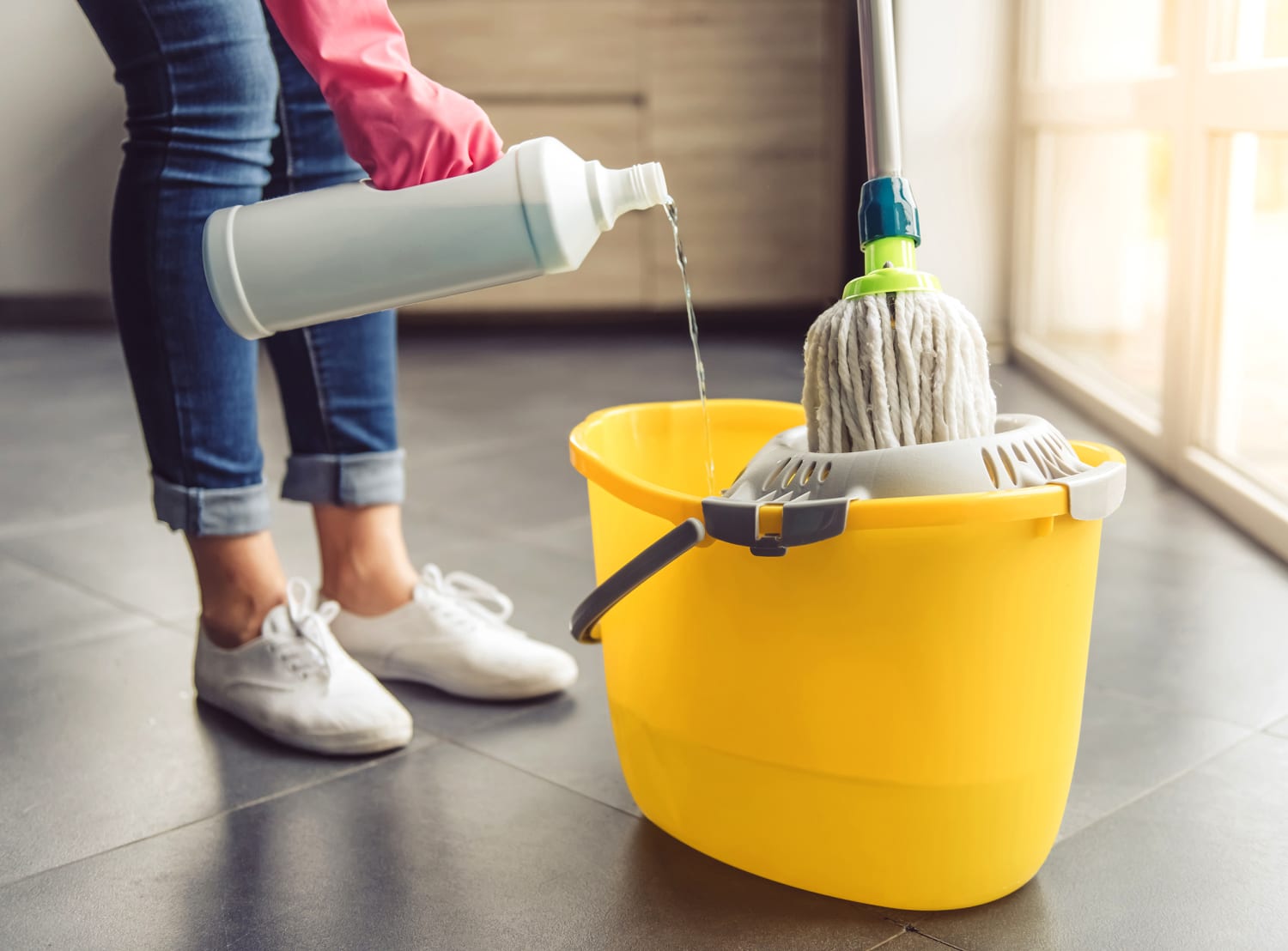Cleaning your home may seem like an endless task, but keeping your space tidy is essential for both hygiene and mental well-being. While some areas require daily attention, others only need a deep clean once in a while. But how often should you really be cleaning your home? In this article, we’ll break down the key areas of your home and how often they need attention.
1. Daily Cleaning: High-Traffic Areas
Certain areas of your home endure constant use and should be cleaned daily to prevent dirt and grime from accumulating. These are your high-traffic zones, where messes can pile up quickly, such as:
- Kitchen Countertops & Sink: The kitchen is a hub for activity. After meal prep and eating, it’s essential to wipe down countertops and clean dishes. Additionally, cleaning your sink ensures that germs and food particles don’t build up.
- Living Room & Family Areas: Daily cleaning here involves straightening up pillows, vacuuming the floor to pick up crumbs, and wiping down surfaces to avoid dust build-up.
- Bathroom Surfaces: A quick wipe-down of bathroom surfaces—especially the sink, faucet, and toilet seat—can prevent soap scum, water spots, and bacteria from accumulating. Be sure to clean mirrors and empty the trash as well.
By taking just 10 to 15 minutes each day, you can keep these high-traffic areas fresh and presentable.
2. Weekly Cleaning: Areas That Need More Attention
For spaces with moderate to heavy use, you should aim to clean them once a week. This ensures that they stay in good condition without requiring extensive work during deep cleaning sessions.
- Floors: Whether you have hardwood, carpet, or tile, sweeping and vacuuming once a week helps remove dirt, dust, and debris. Mop high-traffic areas to prevent any dirt buildup and keep your floors shining.
- Bathrooms: In addition to daily quick cleanups, your bathroom needs a deeper clean once a week. Scrub the toilet, sink, shower, and bathtub to remove soap scum and prevent mold or mildew. Don’t forget to replace towels and empty the bathroom garbage can.
- Dusting & Surface Cleaning: Dust builds up quickly on shelves, tables, and other surfaces. Wipe down these areas weekly with a microfiber cloth to prevent allergens and dust from accumulating.
- Bedding: Change your sheets once a week to ensure a clean and comfortable bed. This also helps reduce allergens like dust mites and pet dander, which can cause discomfort.
3. Monthly Cleaning: Less Frequent, but Still Important
Certain tasks don’t require weekly attention but should still be performed monthly to maintain a clean and healthy environment in your home.
- Clean Your Windows: Dust and grime can accumulate on your windows, making them look cloudy. Once a month, clean your windows inside and out to let in more natural light and improve the appearance of your home.
- Clean Behind Furniture: It’s easy for dust bunnies to accumulate behind and under furniture. Move furniture as needed and clean the floors beneath them, especially if you have pets or children.
- Wipe Down Baseboards & Light Fixtures: Baseboards and light fixtures are often overlooked but can collect dust and dirt over time. Once a month, use a damp cloth to wipe them down.
- Clean the Refrigerator: While you may wipe spills as they happen, a full fridge cleanout once a month will help you keep expired food at bay and prevent unpleasant odors from forming.
4. Seasonal Cleaning: Deep-Cleaning Tasks
Some areas in your home need a more thorough cleaning that you don’t need to do every week or month. These tasks can be done on a seasonal basis (once every 3-6 months), or at least twice a year.
- Carpet Cleaning: If you have carpets, getting them professionally cleaned once or twice a year can help extend their lifespan and remove deep-seated dirt and allergens.
- Air Ducts & Vents: Cleaning your air ducts and vents can improve air quality in your home. Dust, pollen, and pet dander can build up in these areas, so having them cleaned seasonally can help reduce indoor allergens.
- Deep Clean Kitchen Appliances: Appliances like the oven, dishwasher, and microwave can collect grease and food particles over time. Clean them thoroughly once or twice a year to maintain optimal performance.
- Wash Windows & Clean Curtains: During a seasonal cleaning session, wash your windows thoroughly and clean or replace curtains and drapes to remove dust and allergens.
Conclusion
Maintaining a clean home doesn’t require constant effort, but it does require regular attention to different areas. A daily touch-up of high-traffic zones, weekly surface cleaning, monthly tasks like window washing, and seasonal deep cleans will keep your home looking and feeling fresh. By following this routine, you can enjoy a clean, organized living space without feeling overwhelmed by never-ending chores.

